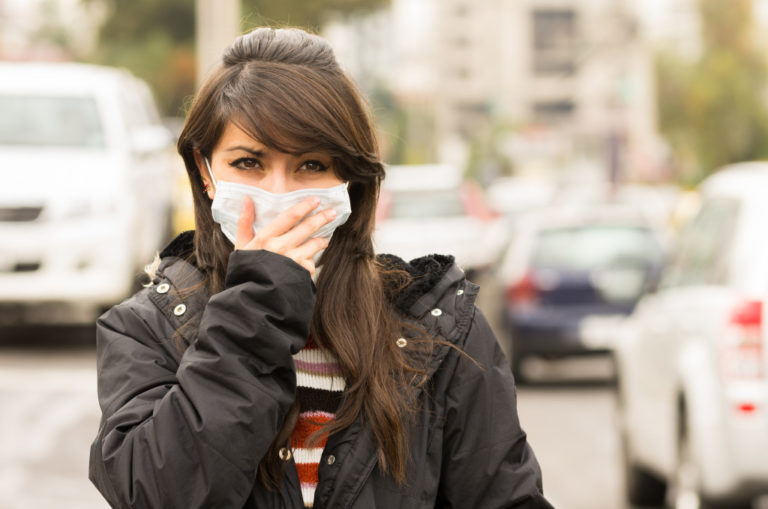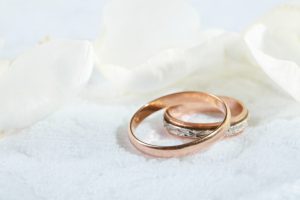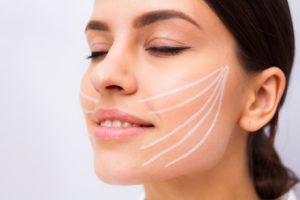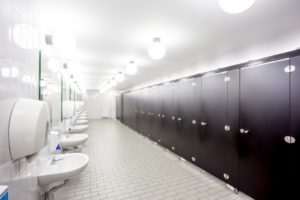Personal protective equipment (PPE) such as masks, gloves, and face shields has become necessary for people worldwide due to the pandemic. But how effective are these precautionary measures? Wearing face masks, goggles, and gloves can drastically help slow down the spread of the coronavirus (SARS-CoV-2) as it protects people against droplets or aerosols.
Countries like the UK have required building workers to provide PPE gloves, face masks, and other protection. Employees and workers in different sectors are also asked to wear PPE to help contain or slow down the spread of the virus. Pair these safety gear with religiously practicing preventive measures like social distancing, and frequent hand-washing can help contain the situation fast.
However, you may wonder, why didn’t the Centers for Diseases Control and Prevention (CDC) and the World Health Organization (WHO) recommend wearing face masks at the beginning of the pandemic? At that time, medical experts didn’t know the extent to which individuals with the virus could transmit it before symptoms appeared nor that people can carry the virus while being asymptomatic.
These discoveries have led these organisations to advise people to wear face masks whenever in public to slow the spread of the coronavirus, but what are the most effective face masks you can wear to protect yourself against it? To help you stay protected during these trying times, we’ve listed the most helpful face masks that can ensure your health and safety.
N-95 Mask
The N-95 mask is a type of respirator that’s the most recognisable and effective against any virus because it can filter large and the tiniest particles when the wearer breathes. As its name indicates, the face mask can block up to 95% of small particles up to 0.3 microns, which is the most challenging to capture. Wearing this kind of face mask can be dangerous, that’s why even healthcare providers need to undergo training and pass a fit test to ensure they’re capable of using it in the workplace.
Although some N-95 masks feature an exhalation valve on the front for easier breathing, experts don’t recommend them as they release unfiltered air that the wearer exhales, meaning it doesn’t prevent them from spreading the virus.

Surgical Mask
Surgical masks are also called medical masks. It’s a loose-fitting disposable face mask that protects a person’s nose and mouth from any contact with aerosols, droplets, sprays, and splashes that may contain germs or viruses. These come in a few varieties and can filter up to 60% to 80% of small particles. When worn correctly, they can help prevent the spread of any virus by ensuring the droplets don’t go outside beyond the mask when a person sneezes or coughs.
Although the FDA (Food and Drug Administration) has not approved surgical masks as the go-to option for protection against the coronavirus, they’re proven to provide some form of protection and preferred when N-95 face masks are not available.
Cloth Mask
A cloth mask has the same function as any face mask, and that’s trapping droplets, splashes, aerosols, sprays when the wearer sneezes, coughs, or talks. This kind of face mask is what various health organisations recommend the public to wear to save N-95 and surgical masks to healthcare workers. You can make cloth masks using different common materials like cotton, and they’re reusable.
Getting used to wearing face masks can be challenging for many, but you can start by wearing it at home or when going out for a short walk. Doing this can help you get used to it gradually, protecting yourself and others.













